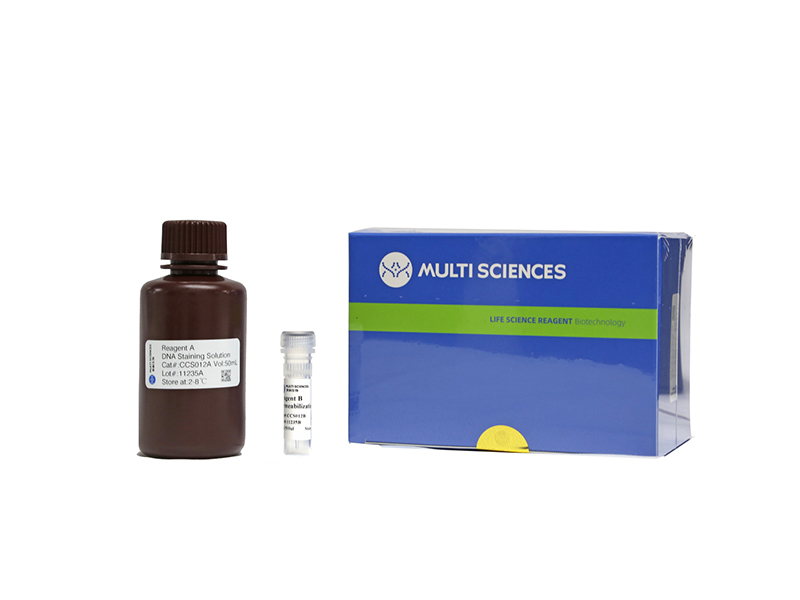Endoscopic surgery is increasingly used for early gastric cancer (EGC) treatment worldwide, and lymph node metastasis remains the most important risk factor for endoscopic surgery in EGC patients. Olfactomedin 4 (OLFM4) is mainly expressed in the digestive system and upregulated in several types of tumors. However, the role of OLFM4 in EGC has not been explored. We evaluated OLFM4 expression by immunohistochemical staining in 105 patients with EGC who underwent gastrectomy. The clinicopathological factors and OLFM4 expression were co-analyzed to predict lymph node metastasis in EGC. The metastatic mechanism of OLFM4 in gastric cancer was also investigated. We found that OLFM4 was upregulated in EGC tumor sections, and relatively low expression of OLFM4 was observed in patients with lymph node metastasis. OLFM4 expression as well as tumor size and differentiation were identified as independent factors, which could be co-analyzed to generate a better model for predicting lymph node metastasis in EGC patients. In vitro studies revealed that knockdown of OLFM4 promoted the migration of gastric cancer cells through activating the NF-κB/interleukin-8 axis. Negative correlation between OLFM4 and interleukin-8 expression was also observed in EGC tumor samples. Our study implies that OLFM4 expression is a potential predictor of lymph node metastasis in EGC, and combing OLFM4 with tumor size and differentiation could better stratify EGC patients with different risks of lymph node metastasis.
文章引用产品
-
-
- CCS012
- 周期试剂盒
Cell Cycle Staining Kit 细胞周期检测试剂盒
-
¥390.00
-
- CCS012
- 周期试剂盒
Cell Cycle Staining Kit 细胞周期检测试剂盒
- ¥390.00



